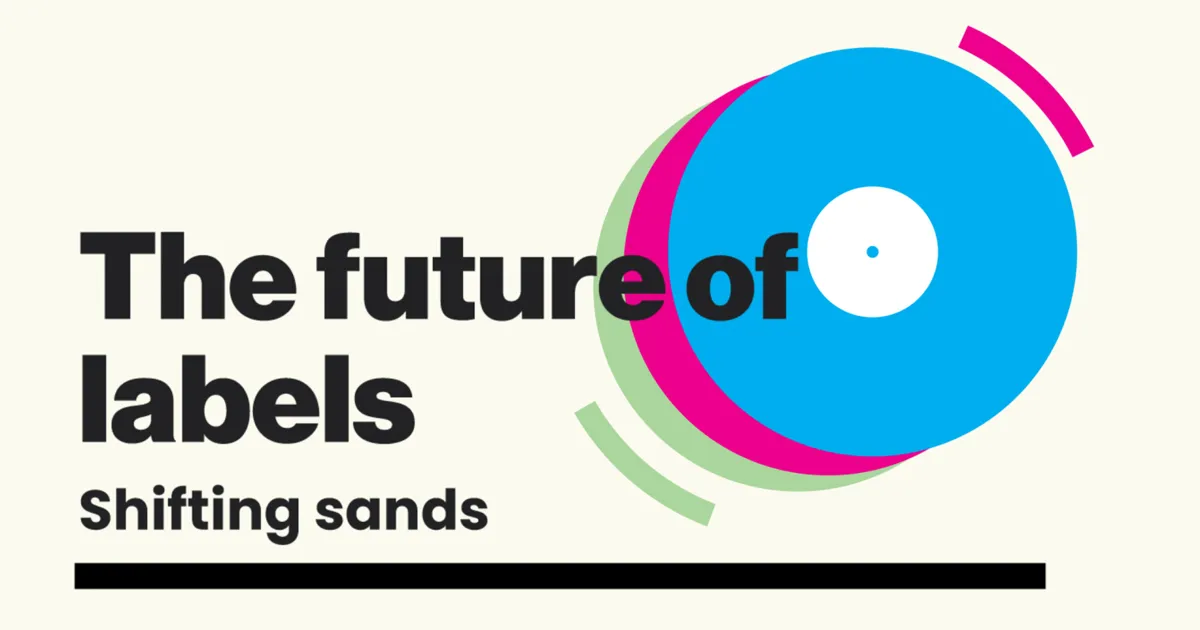(UPDATED) In this interview, Warner Music Group head Lyor Cohen almost sounds like a man reborn in this new interview with Forbes' Zack O'Malley Greenburg. Critical of "the excesses of the industry", "artificial barriers of distribution" and $19 CDs, but bullish on 360 deals, Cohen shares the same thinking that he expressed during Berklee's Rethink Music conference last month. Central to his justification for demanding additional rights from artists is that WMG needs the cash to retain "the very finest, most seasoned, most creative, thoughtful, transformative" executives to run the company. Those big paychecks, of course, include Cohen's own multi-million compensation package.
Lyor Cohen Says Salaries Of WMG’s “Transformative” Executives Justifies 360 Deals [VIDEO]
(UPDATED) In this interview, Warner Music Group head Lyor Cohen almost sounds like a man reborn in this new interview with Forbes' Zack O'Malley Greenburg. Critical of "the excesses of. Continue reading [https://www.hypebot.com/hypebot/2011/05/lyor-cohen-says-salaries-of-wmgs-transformative-executiv




